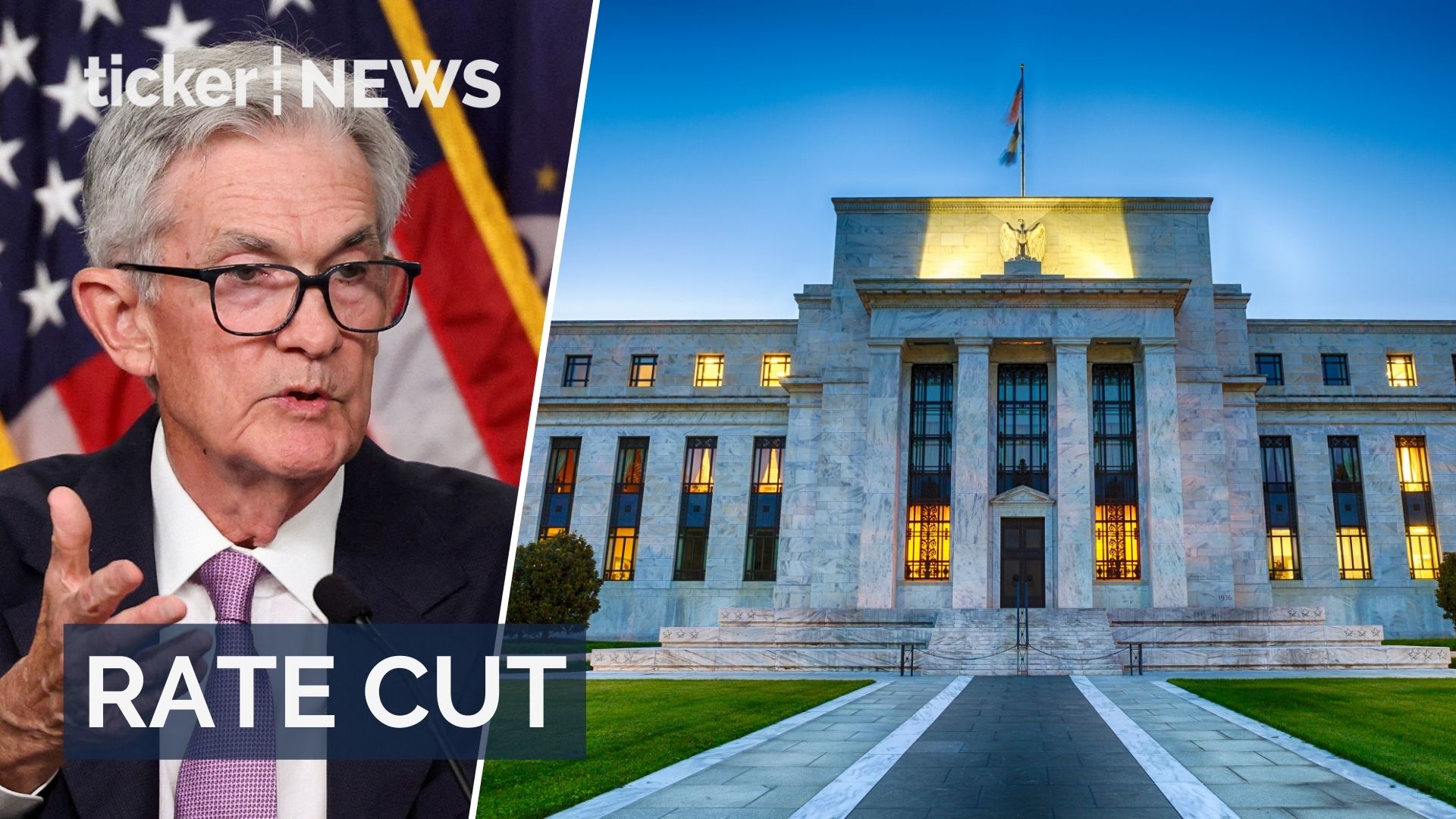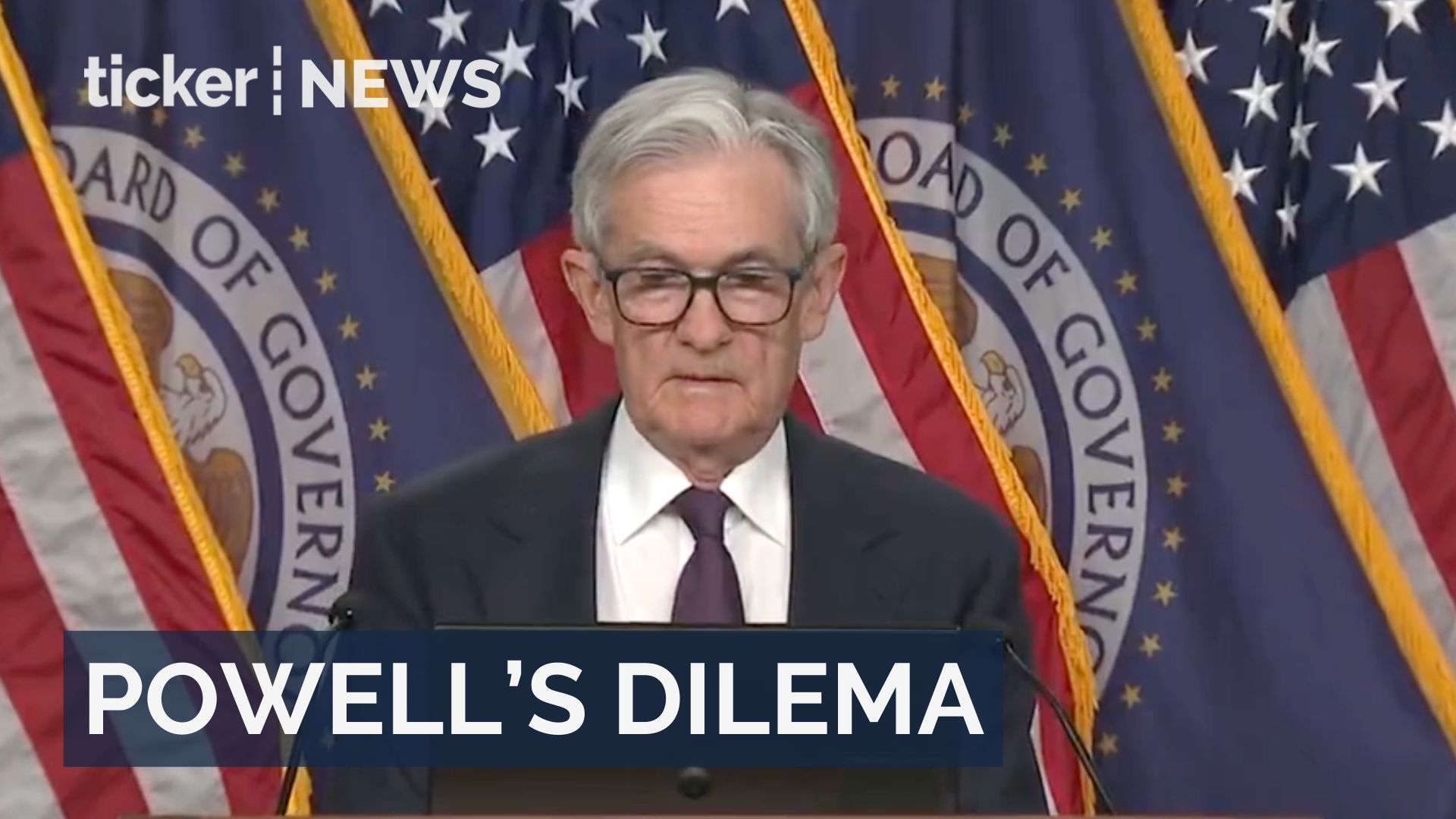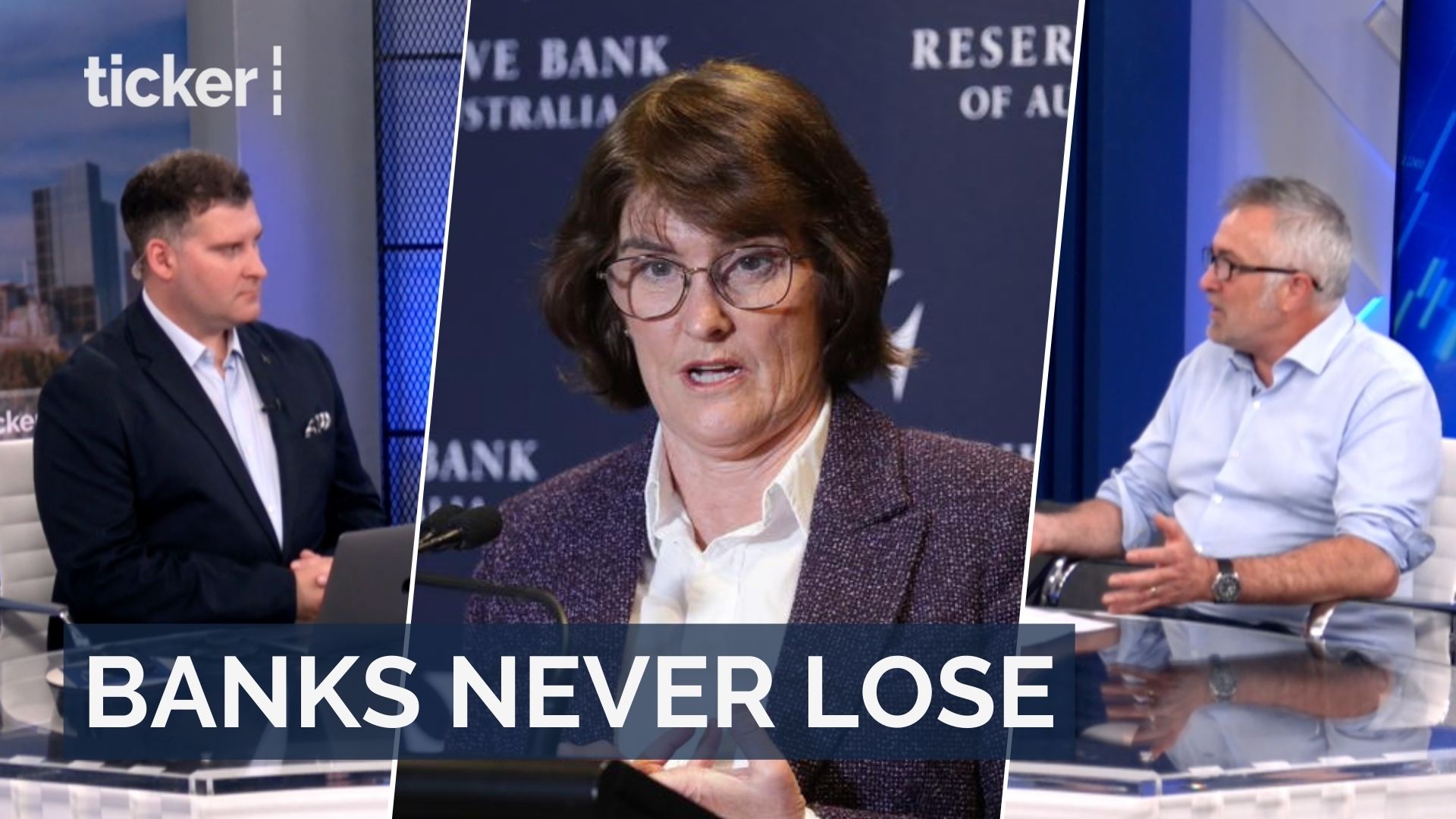Money
Proof even the rich are feeling the downturn


Money
Fed cuts rates, signals more potentially ahead
Fed lowers rates amid job market concerns, signalling potential further cuts in upcoming meetings
Money
Fed faces unusual dissent amid leadership uncertainty
Fed’s Powell navigates contentious meeting amid Trump-appointed dissenters as rate cut looms and succession contest heats up
Money
RBA plans to ban credit card surcharges in Australia
Reserve Bank of Australia plans to ban credit card surcharges despite banks warning of potential higher fees and weaker rewards
-



 Shows4 days ago
Shows4 days agoInspiring transformation: from prison to boardroom success
-



 News4 days ago
News4 days agoDisney cancels Jimmy Kimmel’s show after controversy
-



 News3 days ago
News3 days agoMark Zuckerberg has unveiled Meta’s first so-called AI glasses
-



 Tech3 days ago
Tech3 days agoUS and UK finalise historic $340 billion tech deal
-



 News2 days ago
News2 days agoStephen Colbert’s opening monologue on Jimmy Kimmel
-



 News2 days ago
News2 days agoIsrael launches its new “Iron Beam” laser system
-



 News5 days ago
News5 days agoGold, silver and platinum explode on markets
-



 Shows3 days ago
Shows3 days agoVictoria’s housing crisis demands urgent government reforms










